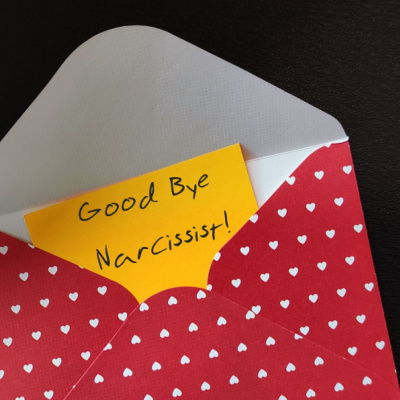by Jennifer J. Riley
Student loan debt can be a crushing financial burden for many Americans, and it can be even more difficult to manage when you’re going through a divorce. If you and your spouse have student loans, you’re likely wondering how they will be addressed in the divorce.
How Student Loans Are Divided in a Divorce
The way student loans are divided in a divorce depends on many factors. When you schedule a free consultation, please be ready to answer the following questions:
- In whose name are the loans?
- Were the loans taken out (in whole or in part) before or during the marriage?
- Did you or your spouse use the loan proceeds for any purposes other than tuition/books and related expenses?
- What are the outstanding balances of the student loans?
- Did the loan balances increase or decrease during the marriage?
- Did you or your spouse pay any of the balances during the marriage?
Your answer to these questions will help your lawyer inform you whether the loans are considered ‘marital’ and subject to distribution in the divorce.
What to Do If You or Your Spouse Have Student Loans and Are Getting Divorced
If you or your spouse have student loans, schedule a free consultation with an attorney. Our attorneys can help you understand your rights and options.
Divorce can be a difficult time, but it’s important to remember that you are not alone. There are resources available to help you through the process, including financial counseling and legal assistance, and our attorneys can help you along the path.




